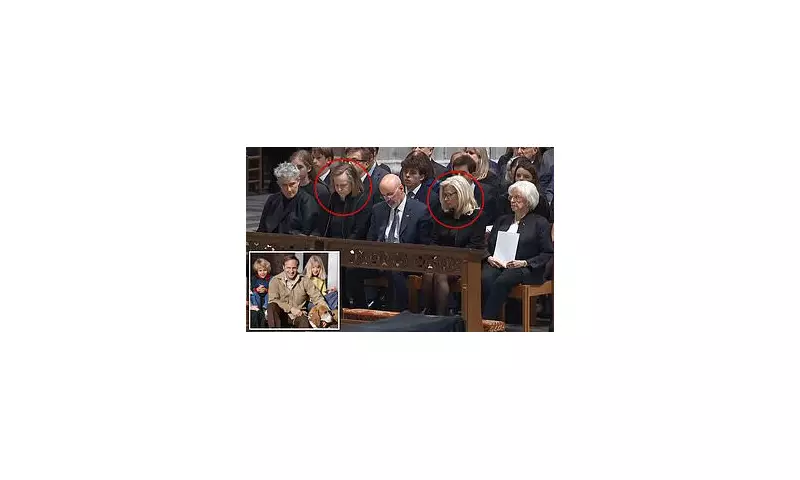
The complex intersection of political ambition and family loyalty was starkly revealed in 2013 when Liz Cheney, battling for a Senate seat in deeply conservative Wyoming, publicly opposed gay marriage despite having a lesbian sister who had married her partner just the previous year.
The Political Calculation That Divided Sisters
Facing criticism as a political outsider with no elected experience, Liz Cheney knew she couldn't afford to appear weak on conservative values. When opponents circulated a push poll and television ad claiming she aggressively promoted gay marriage, she responded with characteristic bluntness.
"I am not pro-gay marriage," she declared in an official statement during the summer of 2013.
This position created an immediate and painful rift with her younger sister Mary, who had come out as gay during high school and married her partner Heather Poe in 2012. The sisters, who had previously been exceptionally close, stopped speaking to each other for months.
A Family Conflict Goes Public
The situation escalated dramatically when Liz doubled down on her position during a Fox News interview later that year. "I do believe in the traditional definition of marriage," she stated, while acknowledging her love for Mary and her family.
Mary responded swiftly on social media, writing: "For the record, I love my sister, but she is dead wrong on the issue of marriage. Liz - this isn't just an issue on which we disagree, you're just wrong - and on the wrong side of history."
Heather Poe, Mary's wife, expressed her hurt more personally, recalling how Liz had celebrated their marriage and shared holidays with their children. "To have her now say she doesn't support our right to marry is offensive to say the least," she wrote.
The public nature of the dispute was particularly striking given the Cheney family's reputation as a disciplined political unit. Both sisters had been involved in their father's political career since childhood, handing out campaign materials during Dick Cheney's first congressional run in 1978.
Parental Positions and Political Pragmatism
Former Vice President Dick Cheney had long stood apart from his Republican colleagues by supporting same-sex marriage. At a 2004 campaign rally, he had stated: "People ought to be free to enter into any kind of relationship that they want to."
When Mary and Heather married in 2012, Dick and Lynne Cheney issued a supportive statement: "We are delighted that they were able to take advantage of the opportunity to have that relationship recognized."
However, during the 2013 controversy, the elder Cheneys supported Liz's political ambitions, issuing a statement that described the matter as something they had dealt with privately for many years and expressing pain at seeing it become public.
The family divide continued for years, with Mary boycotting the Cheney family Christmas gathering in 2013 and refusing to support Liz's Senate campaign. When asked in 2015 if they had reconciled, Mary replied tersely: "I don't have to answer that."
Reconciliation and Changed Perspectives
By 2021, time had healed the wounds. During a CBS 60 Minutes interview, Liz Cheney admitted she had been wrong about gay marriage. "I was wrong. I was wrong," she stated. "I love my sister very much. I love her family very much. I believe that my dad was right… freedom means freedom for everybody."
Mary responded with grace and humour, writing on social media: "I love my sister very much and am so proud of her." She acknowledged the courage required for such a public reversal, before adding playfully: "And as her sister - I have one more thing that I just have to say. I told you so."
The resolution of this deeply personal and political conflict comes as the Cheney family prepares to honour their patriarch, former Vice President Dick Cheney, who died on November 3rd. The funeral may serve as both a celebration of his life and a testament to a family that ultimately navigated its way through profound ideological differences.





